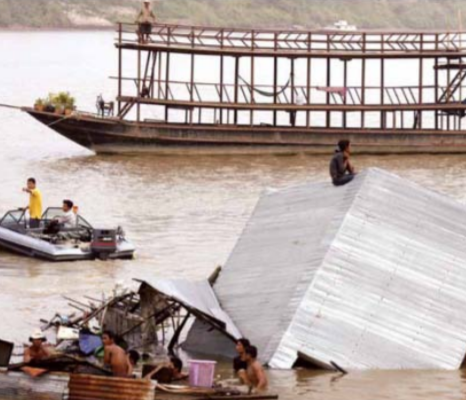
The projects were managed by the IDRL Asia Pacific Unit with technical support from the World Health Organisation. They were supported by the Asian Development Bank Pooled Fund of the Greater Mekong Sub-region Communicable Disease Control Project (ADB GMS-CDC Project), with additional funding and inkind contributions from AusAID/Australian Red Cross and French Red Cross. Each involved a collaborative effort between local consultants, the National Society, a number of government ministries and key local and international partners in each country.
The studies aimed to identify areas of good practice and potential gaps in the implementation of key regional and international instruments applicable to international assistance for disaster and communicable disease emergencies, in particular the IDRL Guidelines and the International Health Regulations. They also made a number of recommendations for the further development of domestic law in each country to enhance the speed and effectiveness of international emergency response.
In all three countries, it was found that a number of provisions were already in place to facilitate international humanitarian assistance such as tax exemptions, legal status and visas for humanitarian activities. However, these rules were generally dispersed throughout a variety of legal instruments and their effectiveness was reduced by a lack of clarity and sometimes overlapping responsibilities of different government agencies. Additionally, many laws and policies for international assistance were generally designed for development activities and were not easily adapted to emergency operations.
The full studies and their recommendations were discussed during the Mekong Regional Forum on ‘Legal Preparedness for Responding to Disaster and Communicable Disease Emergencies’ in Phnom Penh in October, involving the governments and National Societies of six Mekong countries, as well as key international partners. The Forum welcomed the Federation’s work on IDRL and legal preparedness and reinforced the importance and urgency of many of the recommendations included in the study reports.
Click here for the Cambodia report.
Click here for the Laos report.
Click here for the Vietnam report.